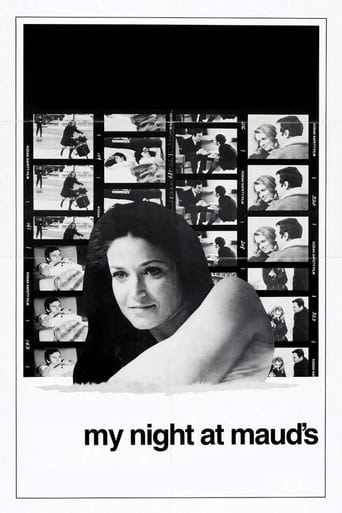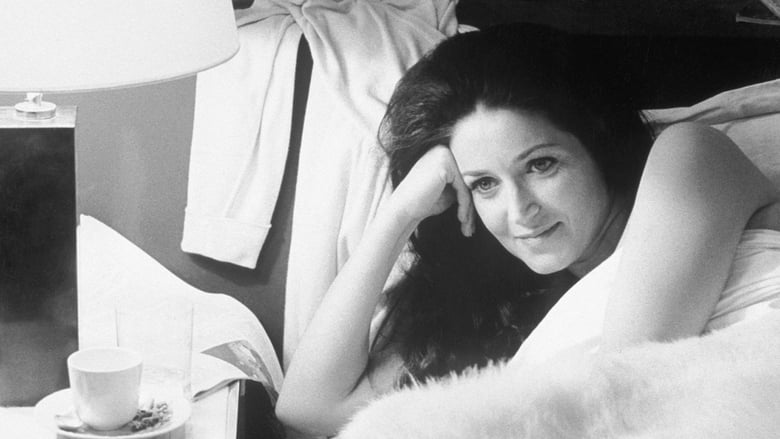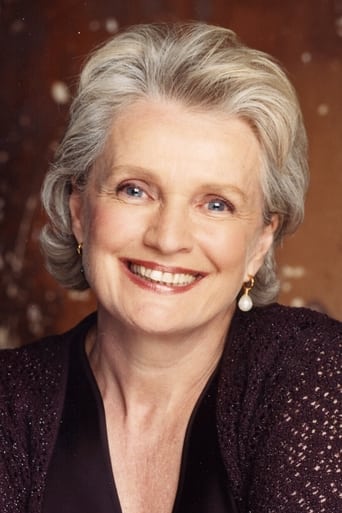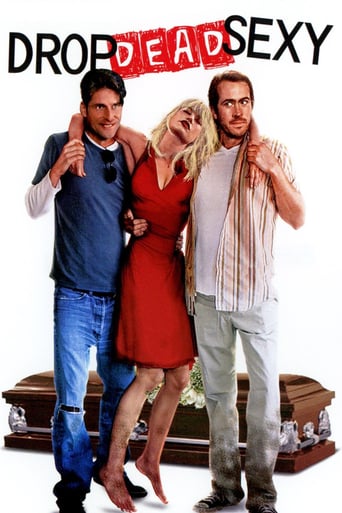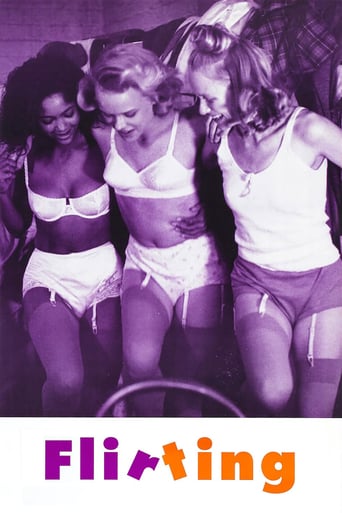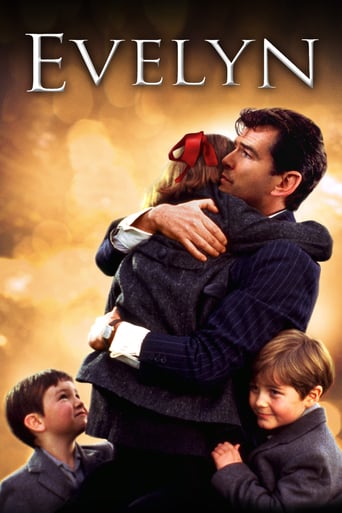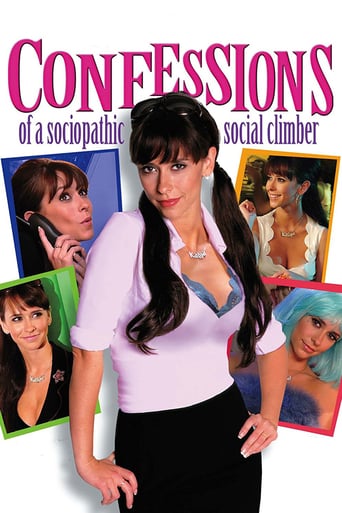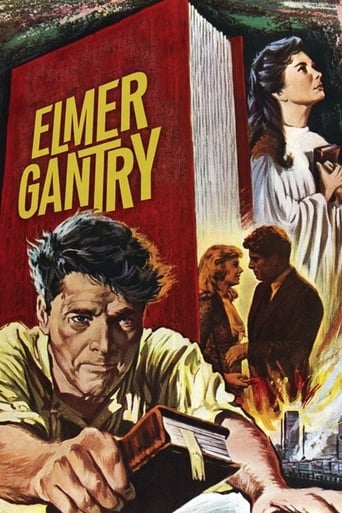My Night at Maud's (1969)
The rigid principles of a devout Catholic man are challenged during a one-night stay with Maud, a divorced woman with an outsize personality.
Watch Trailer
Cast


Similar titles
Reviews
Purely Joyful Movie!
hyped garbage
This is a gorgeous movie made by a gorgeous spirit.
Each character in this movie — down to the smallest one — is an individual rather than a type, prone to spontaneous changes of mood and sometimes amusing outbursts of pettiness or ill humor.
Jean-Louis (Jean-Louis Trintignant) is a recently converted devout Catholic, who at the beginning of the film, falls in love with a beautiful blonde named Francois (Marie-Christine Barrault) in Church. He follows her, but loses her in traffic. He meets old friend Vidal (Antoine Vitez) by chance in a restaurant and the two talk about their views on philosophy, religion and mathematics. They go to the house of Maud (Francois Fabian), a flirtatious, free-spirited woman who takes an interest in Jean-Louis. When the snow falls heavier outside, Jean-Louis is forced to spend the night at Maud's, putting a strain on his new found beliefs on marriage, commitment and fidelity.Eric Rohmer's film is full of dialogue. The characters talk and talk, often so intellectually that I had trouble keeping up. But the talk is interesting and intriguing. The main theme (it appeared to me, anyway) is the value of faith in a world where the likelihood of heaven is becoming increasingly unlikely. Jean-Louis, a former ladies man, fights his urges when Maud invites him into her bed. He eventually climbs in, feeling the cold, and begins to kiss her. He eventually pulls away, looking almost angry with himself. He obviously feels that an eternity in heaven, however unlikely the idea is, is worth more than a moment of weakness and happiness.The dialogue-heavy scenes may not appeal to everyone, it can at times be difficult to engage with the film and bourgeois characters. But it is richly rewarding and a highly intelligent character study. The film has an almost love/hate attitude to the idea of Christianity in a similar way to many of Bergman's greatest films. One of the most intellectually stimulating films of the French New Wave movement.www.the-wrath-of-blog.blogspot.com
I imagine this film was remarkably personal. I suppose more than a few professional-aged practising Roman Catholic men have found themselves in the same position as does Jean-Louis here: among friends who do not share the same values, who seem to suppose they do you a favour by "loosening you up" a bit (i.e., by pressuring you to put yourself in an occasion of sin)...Maud, however, does not really want to "loosen up" Jean-Louis. We get the impression that she's something of a "skank," but on the other hand she wants and expects honesty--and she teaches Jean-Louis to want and expect the same. "I like men who know what they want," she explains to him. And so Jean-Louis contemplates and decides what he wants.Interestingly, although the freethinker Maud is the pivotal character in Jean-Louis's self-transformation, and although the philosophical conversations center around the Maud, the Catholic Françoise is unquestionably the more complex and intriguing character. Maud, though well-meaning visibly lacks emotion and soul, fault of her completely libertine upbringing; she seems, in a sense, prisoner to her nonchalant worldview. Françoise, however, radiates a vivid spectrum of feeling and life experience.The Jansenist subtext was difficult for me to make out on the first viewing, and I may have to watch this again to really get it. My instinct is to suggest that Jean-Louis is the Jansenist and Françoise the Jesuit-dévotist, but I cannot say for sure. That I cannot immediately identify the significance of Pascal to this uvre is rather disturbing to me, having studied a fair amount of 17th and 18th century French history and literature.Another filmmaker could easily have turned this into a simple and boring story of abandonment of faith. But not Éric Rohmer, who was interesting among Nouvelle Vague directors for being firm in his Catholic convictions (just this year, his funeral Mass was at a church just five minutes' walk from my home). Thus, Jean-Louis does not, in the end, decide that he wants something "bad" and libertine.
No, not the movie. I saw this movie for the first time when it was released in 1969 in Portugal. I went because everybody told me to go. The first person that told me to go was a janitor that worked for the university where I was studying. He told me something like: "This movie made me reconsider the values by which I have been ruling my life...". With several of my colleagues confirming the janitor's opinion about the sublimity of the work, I went. And left after 30 minutes. For the whole time I hoped that somebody would step in that apartment and held everybody at gun point. No, I didn't want to make it into a Rambo movie. I just wanted to give these people some REAL problems to worry and talk about. No, what I find interesting about this movie are the published comments. These are fun and actually give the movie an unexpected meaning that I missed when I saw it: It deeply touches the hearts of people that, like the characters, have no real problems or challenges in their lives! But, who am I to voice these opinions?
Certainly among Rohmer's better work due, more than anything else, to his using top actors - as it's actually one of the film-maker's more cerebral efforts; in fact, its relentless preoccupation with religion and morality makes it pretty heavy-going (as much, I'd say, as Bunuel's THE MILKY WAY [1969])! The plot, in itself, is pretty simple but - even in spite of rather murky black-and-white cinematography - it holds one's interest because the three main characters are so well written by Rohmer and enacted by Jean-Louis Trintignant (such a consummate performer that he could virtually adapt to the style of any director!), Francoise Fabian and Marie-Christine Barrault.Not being a great fan of Rohmer's, I opted to rent this one before deciding whether or not to buy Criterion's upcoming Box Set of his "Six Moral Tales" (of which this is the third) - even though I had previously watched LA COLLECTIONNEUSE (1971; actually shot in '67), which didn't impress me, and CLAIRE'S KNEE (1970), which I recall being quite good...

